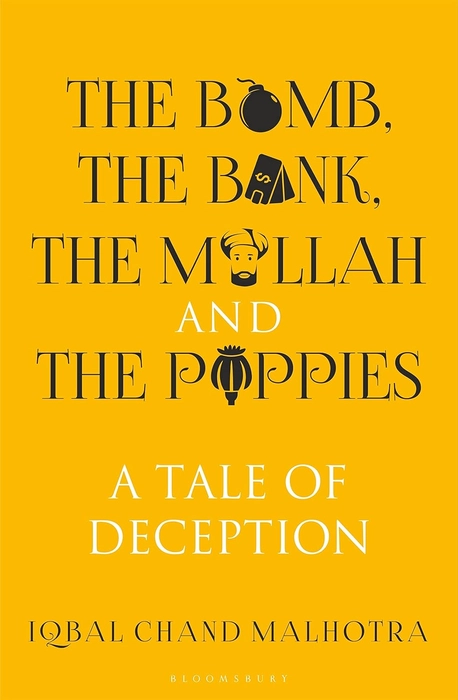Prakash Books - The Bomb The Bank The Mullah and The Poppies
Product details
Overview:
The Bomb, the Bank, the Mullah and the Poppies presents a meticulous historical analysis of Pakistan’s nuclear ambitions and the intricate web of financial and political machinations that supported them. Through a forensic lens, the book examines how Pakistan leveraged unconventional means—such as the Bank of Credit and Commerce International (BCCI) and poppy cultivation—to fund its nuclear program. The narrative raises pivotal questions about the decisions of influential figures like Zulfikar Ali Bhutto and General Zia-ul-Haq, and their connections with global players and criminal enterprises.
Key Themes:
- Political Machination and Deceit: The book delves into the strategic choices made by Pakistani leaders, highlighting a pattern of manipulation and subterfuge as they pursued national goals under the guise of innocence.
- Narcotics and National Security: It investigates the role of the drug trade in financing state objectives, particularly how poppy cultivation became intertwined with Pakistan’s nuclear ambitions and the enrichment of its elites.
- Global Implications: The narrative contextualizes Pakistan’s actions within the broader geopolitical landscape, exploring the relationships between Pakistani leaders and international figures, including U.S. presidents and notorious drug lords.
Writing Style:
The author employs a rigorous analytical approach, combining historical facts with a narrative style that keeps readers engaged. The writing is clear and direct, ensuring complex political and economic concepts are accessible without oversimplification. The use of a forensic perspective adds depth, revealing the intricate connections and motivations of the actors involved.
Characterization:
The book provides detailed portraits of key figures in Pakistan’s political landscape, portraying them not just as leaders but as complex individuals whose decisions were influenced by personal ambitions and external pressures. Figures like Zulfikar Ali Bhutto and General Zia-ul-Haq are depicted with nuance, showcasing their roles in shaping Pakistan’s trajectory.
Conclusion:
The Bomb, the Bank, the Mullah and the Poppies is an enlightening and provocative examination of Pakistan’s path to becoming a nuclear power intertwined with drug trafficking. The author’s thorough research and compelling narrative uncover the layers of deceit and ambition that have defined Pakistan’s political history. This book is essential for readers interested in understanding the intersections of geopolitics, finance, and organized crime, providing a critical lens on the consequences of state actions in the pursuit of power.



